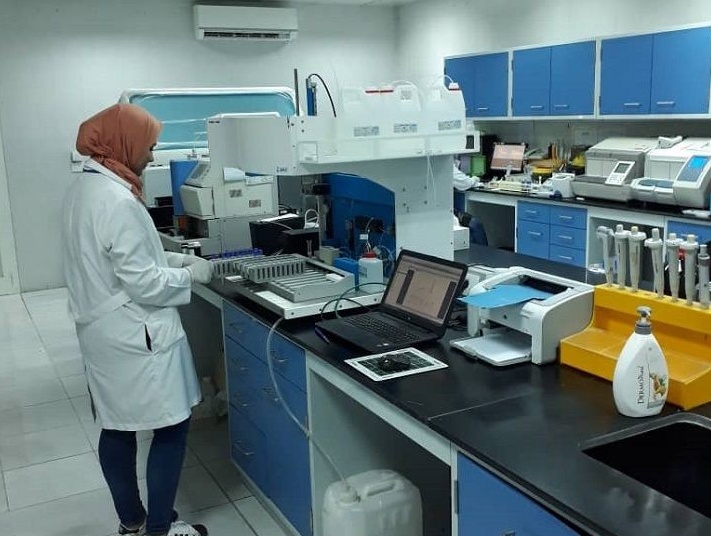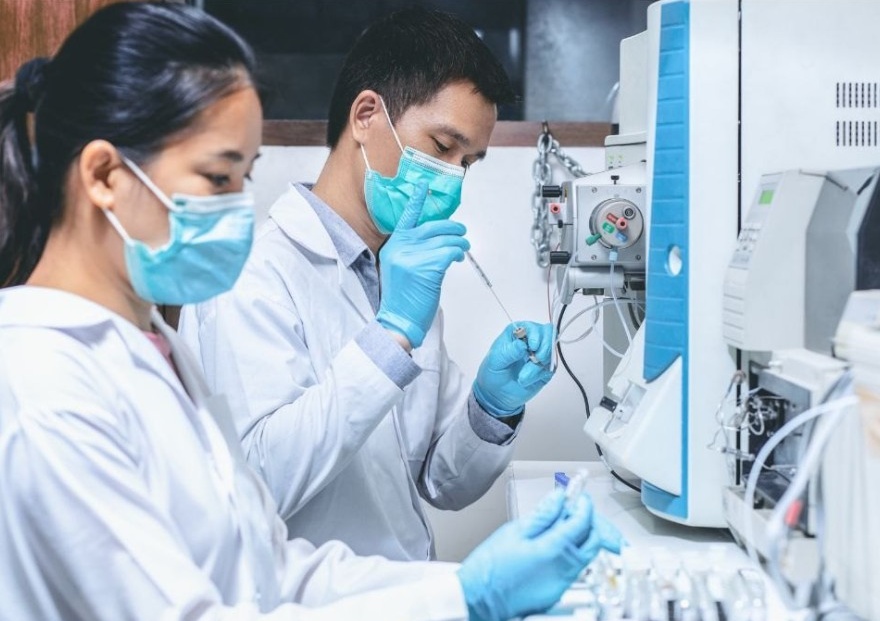- Have any questions? Call
- +91 9446 391 920
Article
Standardization and Quality Control Systems for Diagnostic Centers in Kerala
A PHP Error was encountered
Severity: Notice
Message: Undefined index: cover_img
Filename: articles/article_view.php
Line Number: 103
Backtrace:
File: /home/mloakera/public_html/views/pages/articles/article_view.php
Line: 103
Function: _error_handler
File: /home/mloakera/public_html/appl/controllers/Articles.php
Line: 159
Function: view
File: /home/mloakera/public_html/index.php
Line: 315
Function: require_once
Standardization and Quality Control Systems for Diagnostic Centers in Kerala
Diagnostic centers are responsible for delivering accurate and timely results that directly influence patient care. To ensure reliability, centers in Kerala follow several standardization and quality control systems, many of which are aligned with national and international benchmarks.
NABL Accreditation (National Accreditation Board for Testing and Calibration Laboratories)
- NABL accreditation is the most recognized quality assurance system for diagnostic labs in India.
- It ensures that laboratories follow ISO 15189:2012 standards for medical testing and clinical laboratories.
- Accreditation covers areas such as technical competence of staff, quality of equipment, calibration, internal quality control, and documentation.
- Many leading diagnostic centers in Kerala pursue NABL accreditation to strengthen patient trust and meet global standards.
ISO Certification
- Some centers seek ISO 9001:2015 (Quality Management System) certification for organizational processes.
- ISO certification focuses on customer satisfaction, process efficiency, and continual improvement.
- While NABL is test-specific, ISO covers the overall management system of the diagnostic center.
Internal Quality Control (IQC)
- Each laboratory must implement daily IQC programs to monitor consistency in test results.
- This includes using control samples alongside patient samples, verifying equipment calibration, and tracking result variations.
- IQC ensures early detection of errors before results are released to patients.
External Quality Assessment Schemes (EQAS)
- Diagnostic centers in Kerala participate in national EQAS programs run by institutions like Christian Medical College (CMC) Vellore, AIIMS Delhi, and ICMR centers.
- Through EQAS, labs receive blind test samples, analyze them, and compare results with peer laboratories.
- This helps maintain objectivity, validate test accuracy, and benchmark performance against standards.
Kerala State Pollution Control and Biomedical Waste Rules
- Apart from testing accuracy, diagnostic centers must comply with biomedical waste management standards.
- Kerala Pollution Control Board mandates strict handling and disposal protocols for lab waste, ensuring environmental and occupational safety.
Digital Integration and LIS (Laboratory Information Systems)
- Standardization increasingly includes digital processes, where centers adopt LIS for barcoding, automated reporting, and secure data management.
- Integration with Kerala’s eHealth project ensures standard reporting formats and reduces human error.
Regular Training and Competency Evaluation
- Accreditation bodies require periodic training of lab staff, skill evaluation, and competency assessments.
- This ensures technicians remain updated with evolving diagnostic technologies and best practices.
Ethical and Regulatory Compliance
- Diagnostic centers must comply with guidelines from the Clinical Establishments (Registration and Regulation) Act, Kerala State Health Department, and the Indian Council of Medical Research (ICMR).
- These regulations enforce quality assurance, infrastructure standards, and ethical patient care.
Conclusion
For diagnostic centers in Kerala, quality control and standardization are not optional but essential for credibility and patient safety. With NABL accreditation, ISO certification, internal and external quality systems, and compliance with biomedical and digital health regulations, Kerala is building a diagnostic ecosystem that is accurate, reliable, and globally recognized.
Explore More Articles
Stay informed with latest trends, innovations, and best practices
Kerala Clinical Establishments (Registration & Regulation) Act, 2018
Kerala, known for its strong healthcare outcomes, legislative activism, and public health initiatives, enacted the Kerala Clinical Establishments (Registration & Regulation) Act in 2018.
Read More...
Improving Skill, Performance, and Quality of Staff in Diagnostic Centers
To ensure excellence, diagnostic centers must adopt clear standards and approaches that continually enhance the skill, performance, and professionalism of their workforce.
Read More...
The Need for Automation in Diagnostic Centers
The healthcare landscape is changing rapidly. In this context, automation is emerging as a vital necessity rather than a luxury.
Read More...
Standardization and Quality Control Systems for Diagnostic Centers in Kerala
To ensure reliability, centers in Kerala follow several standardization and quality control systems, many of which are aligned with national and international benchmarks.
Read More...